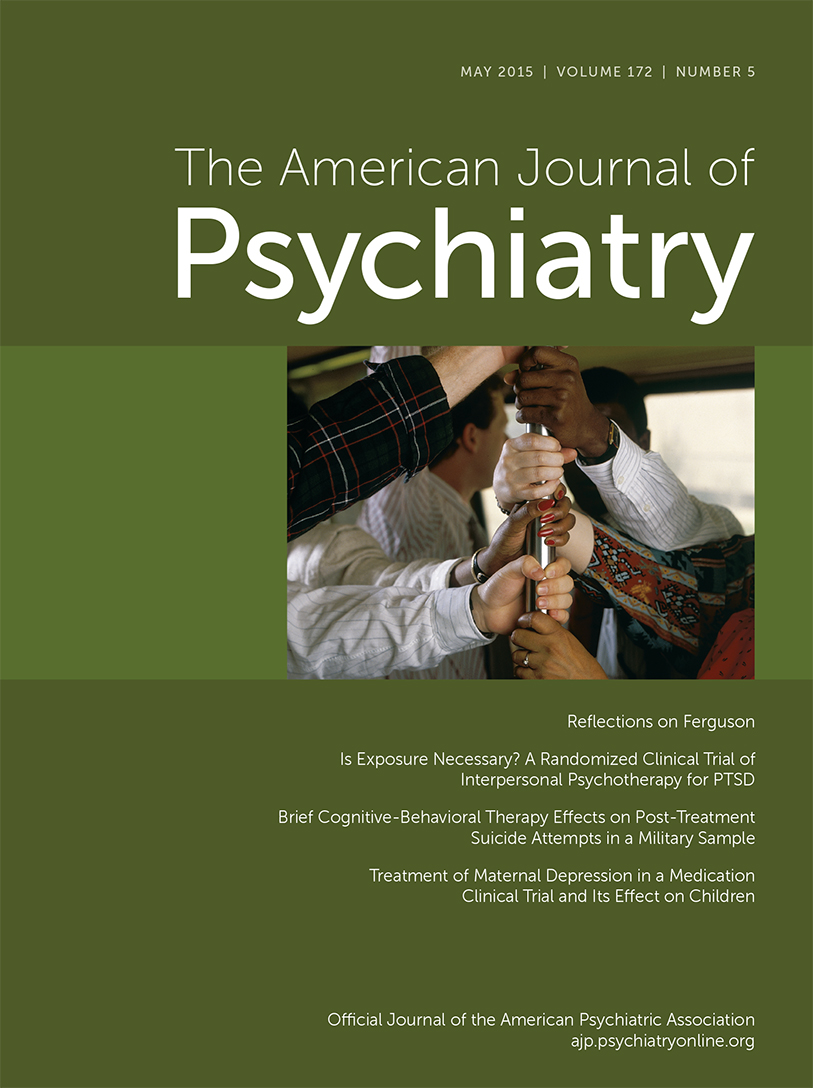The Clinical Discovery of Imipramine
Abstract
The major classes of psychotropic drugs were introduced in an extraordinary decade of discovery between the late 1940s and late 1950s. In the present climate of pessimism about the absence of new drug development, it may be instructive to look back at the research methods used during that era. The study that identified the first antidepressant is a case in point. It was conducted by Roland Kuhn, a Swiss psychiatrist working in a remote psychiatric hospital. Kuhn, like the other pioneering researchers of his day, was given access to new drug entities, and the method he used to discover their clinical effects was open-minded, exploratory, comprehensive, clinical observation. The paper that reported the results of his study has not been available in English, but because of its historical significance and because Kuhn’s achievement stands in such contrast to the present impasse in drug development, the authors thought that it might be informative to read about his discovery in his own words. Accordingly, one of the authors (M.R.) translated the paper into English, and they now present excerpts of that translation with the intent of encouraging reevaluation of contemporary approaches to drug discovery.
By today’s clinical research standards, Kuhn’s method of unfettered, exploratory, clinical observation was substandard, haphazard, even messy. Yet it produced a major breakthrough—the discovery that a drug can alleviate depression—that has had a lasting impact on the treatment of depression and on the development of antidepressant drugs. Kuhn’s experience might usefully inform our strategies of drug development.



